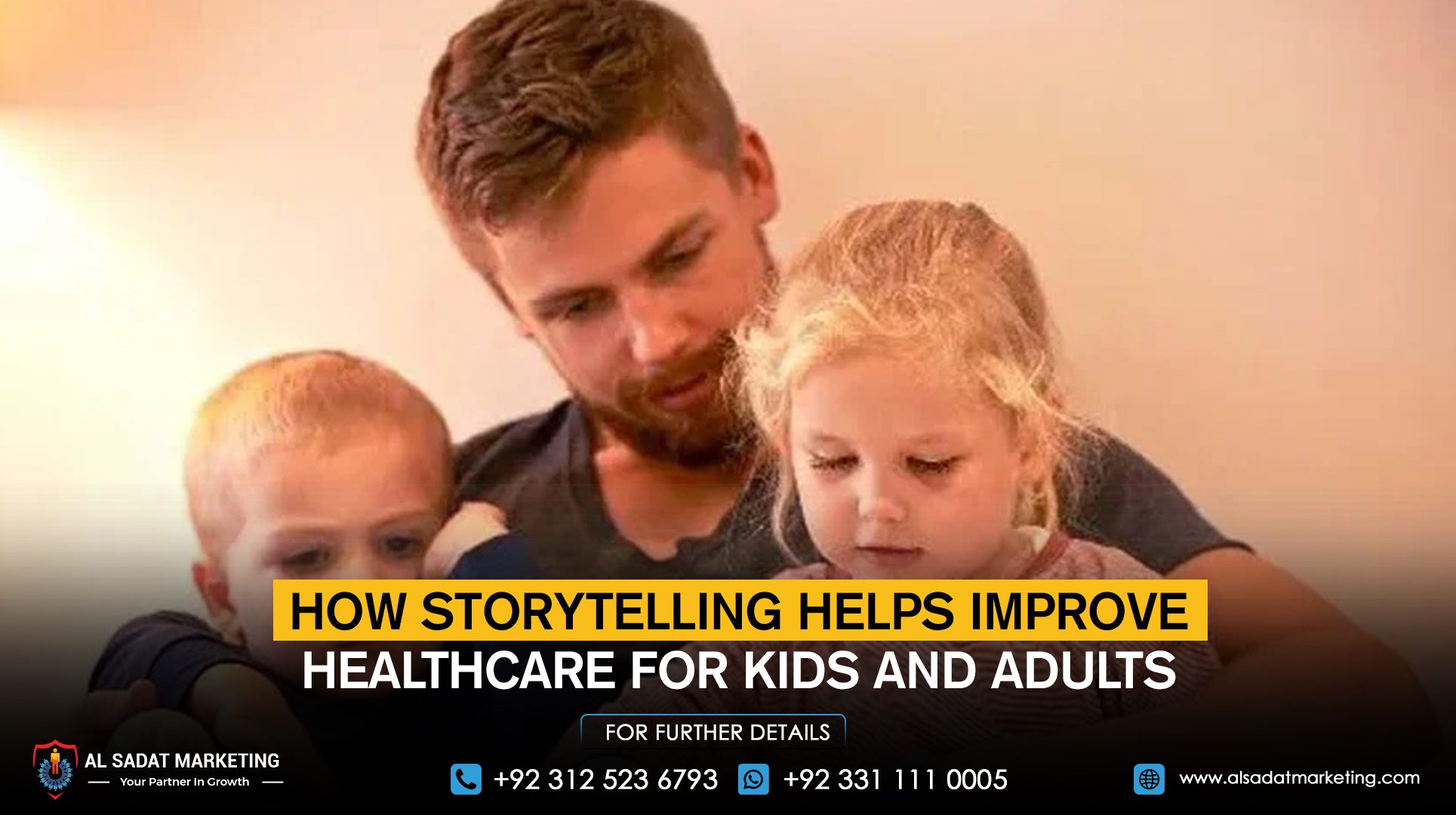Storytelling isn’t just for books and movies — it’s becoming a valuable tool in medicine. Known as narrative medicine, the approach encourages doctors to listen to and share patient stories, helping them understand the emotions, experiences, and personal context behind an illness.
What is narrative medicine?
First developed about 20 years ago at Columbia University, narrative medicine is now taught at top schools like Stanford, Harvard, and the University of Chicago. Harvard even offers a nine-month master’s program where students create health campaigns through film, podcasts, writing, and design. The goal is to combine medical expertise with empathy, making care both clinically effective and emotionally supportive.
Doctor’s idea inspires new method
Chicago-area cardiologist Dr. David G. Thule was inspired by his daughter’s illness to create the Three Minute Mental Makeover (3MMM) — a quick writing exercise for patients and doctors. It involves:
- Writing down something you’re grateful for
- Summarizing your day in six words
- Recording a personal wish
Studies suggest 3MMM can lower stress, improve communication, and make treatment more positive.
Why storytelling works
Neuroscientist Paul J. Zak says good stories boost oxytocin, the “love hormone,” which increases empathy and helps people connect emotionally. In healthcare, this deeper connection can lead to more compassionate and effective treatment.
Experts say narrative medicine can make care more holistic — addressing not just the body, but also the patient’s emotional well-being.










